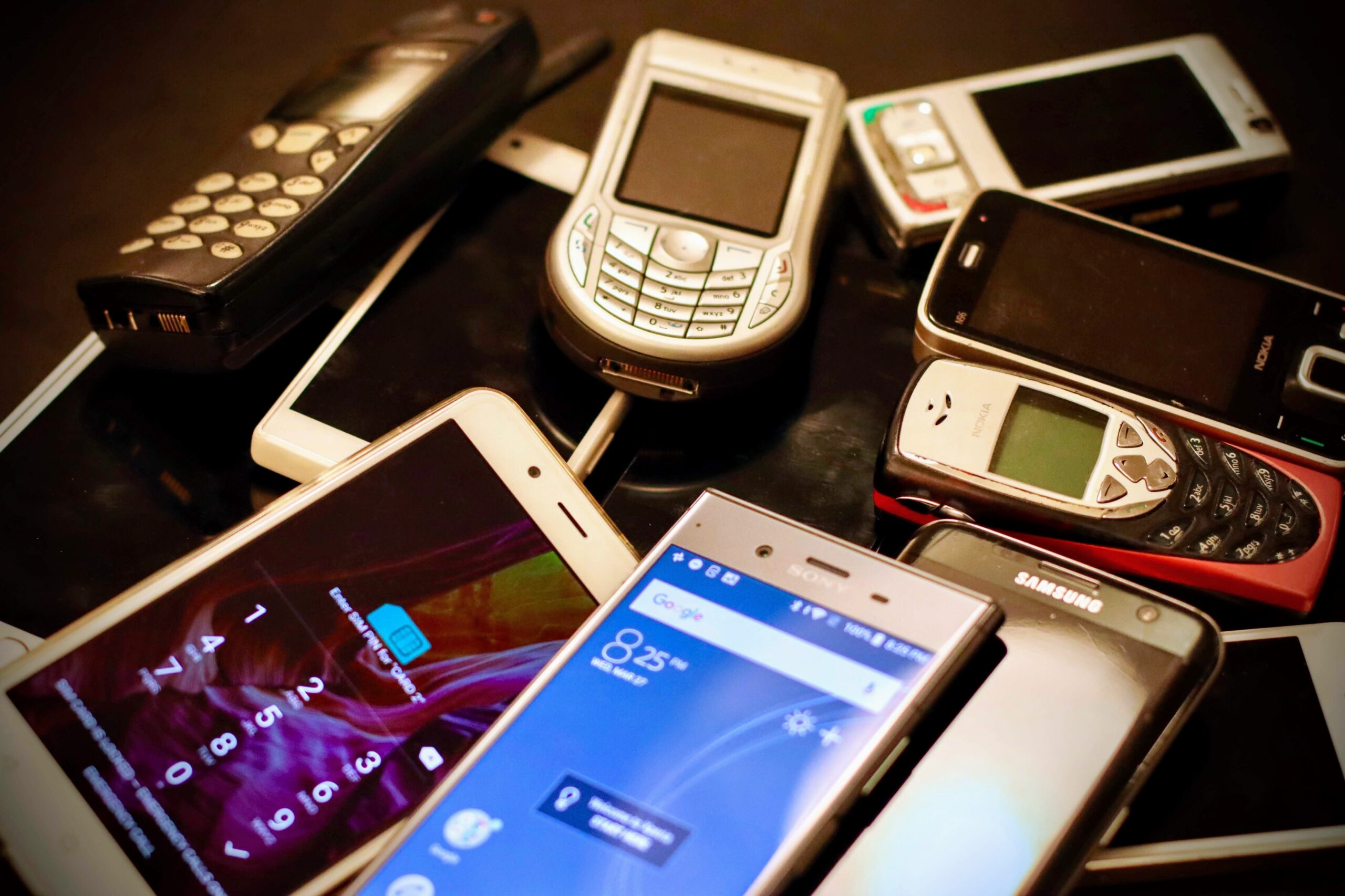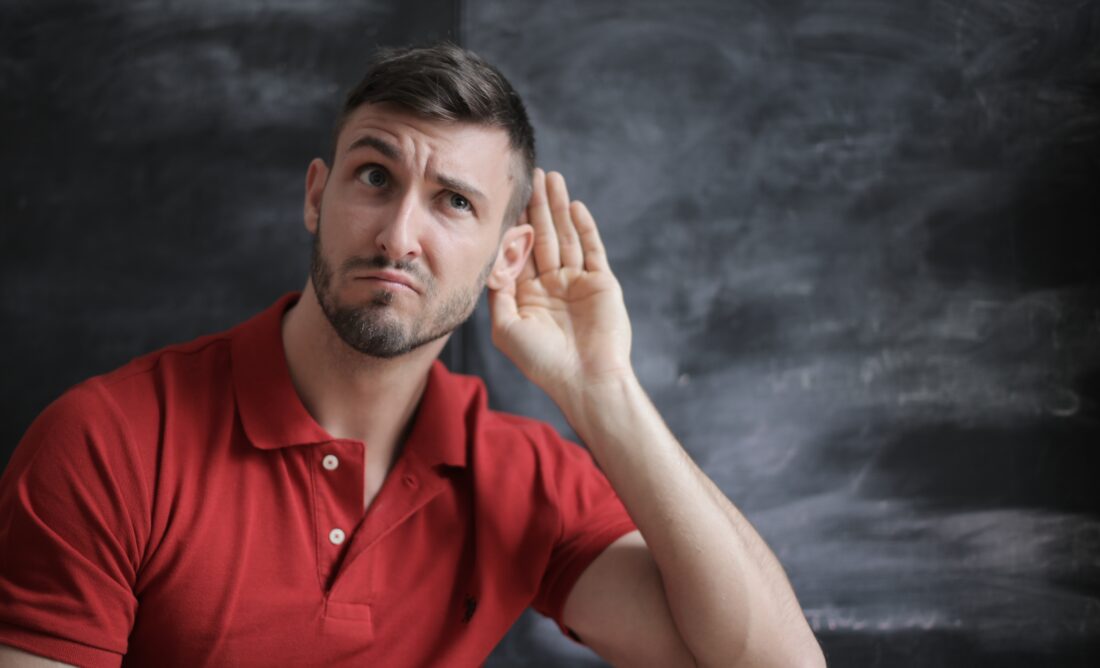The Numbers Game: Exploring the Statistics on Hearing Loss
Welcome, fellow statistics enthusiasts and curious minds! Today, we're diving into a topic that affects millions around the globe but often flies under the radar: hearing loss. Yes, you heard that right, MILLIONS! Pun intended. Let's kick things off with some staggering statistics on hearing loss: The Global Statistic According to the World Health Organization (WHO), over 5% of the world's population – that's 466 million people – experience some form of hearing loss. That's like the entire population of a small country dealing with hearing difficulties! They did a whole report on hearing in 2021. You can check out our summary of that document here. Getting Louder The prevalence of hearing loss is on the rise, with estimates suggesting it could affect 900 million people worldwide by 2050. That's almost double the current figure! Perhaps it's time to turn down the volume on those earbuds. Age Ain't Just a Number While hearing loss can affect people of all ages, it becomes more prevalent as we get older. Approximately one-third of people over 65 experience some degree of hearing loss. A baseline test in your 40s to 60s is always a great idea to catch things early! The Sound of Silence Hearing loss isn't just an inconvenience; it can also impact mental health. Studies have shown that individuals with untreated hearing loss are at a higher risk of depression, anxiety, and even cognitive decline. So, if you've been ignoring those muffled sounds, it might be time for a check-up! The Price...










Recent Comments